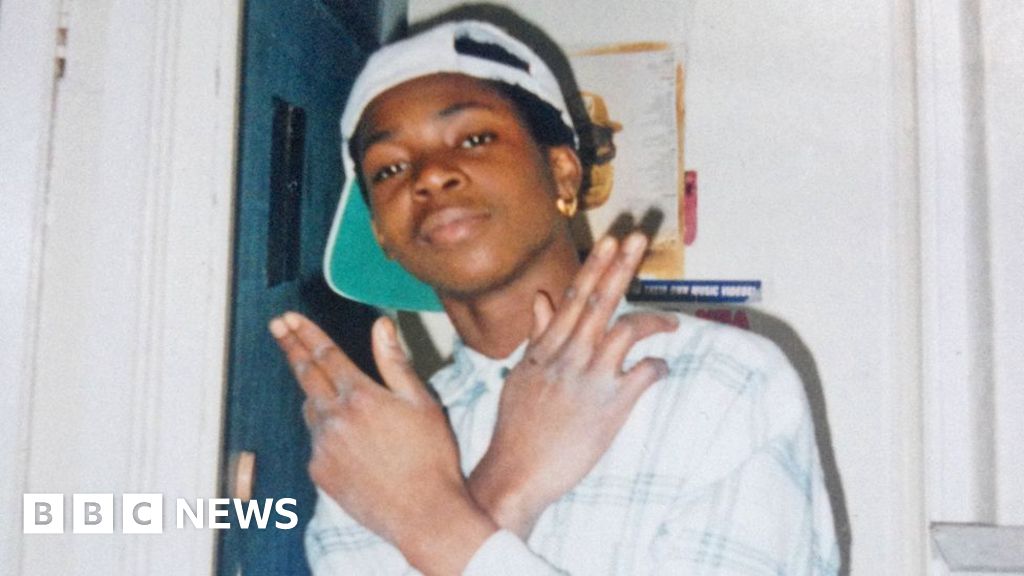
Noland Arbaugh (Picture credit: X)
A groundbreaking moment in
neurotechnology
has taken centre stage in the life of
Noland Arbaugh
, a 30-year-old man from Arizona, US, who became the first person to receive a
brain chip implant
from Elon Musk’s
Neuralink
.
Arbaugh, who was paralysed below the shoulders following a diving accident in 2016, received the chip in January 2024 and the results have already been nothing short of extraordinary, reported BBC.
The device, a
brain-computer interface
(BCI), enables Arbaugh to control a computer using only his thoughts. “You just have no control, no privacy, and it's hard,” he said, recalling his early struggles with paralysis. But after the surgery, he could move a computer cursor by merely thinking about moving his fingers. “Honestly I didn’t know what to expect, it sounds so sci-fi,” BBC quoted him.
Now, he can play video games and even beat his friends at chess, a feat he never imagined after his injury. “Now I'm beating my friends at games, which really shouldn't be possible, but it is”.
While not the first BCI ever developed, Neuralink’s chip has attracted significant attention due to Musk’s involvement. Still, Arbaugh insists the focus should be on the science, not the celebrity. “If everything worked out, then I could help being a participant of Neuralink. If something terrible happened, I knew they would learn from it,” he said.
The chip works by detecting brain signals linked to movement and translating them into digital commands. It’s part of a field that has developed over decades, but Musk’s entrance has brought heightened attention and scrutiny. Experts have hailed the procedure as a “significant milestone,” though caution remains due to the chip’s invasive nature.
There have been challenges. Arbaugh temporarily lost control of the device when it partially disconnected from his brain, causing significant distress. The issue was later resolved through software adjustments.
Privacy concerns also loom large. Professor Anil Seth from the
University of Sussex
warned that such technology could grant access to “what we think, what we believe and what we feel,” suggesting it could mark the end of personal privacy. But Arbaugh remains optimistic, hoping to one day use the chip to control a wheelchair or even a robot.
Neuralink isn’t alone in this space. Competitor Synchron, for example, uses a less invasive method by implanting its device through a blood vessel. One user, identified only as Mark, can now explore the world virtually using the chip in combination with Apple’s Vision Pro headset.
For Arbaugh, who joined a six-year study for the Neuralink device, the future is uncertain but full of possibility. “We know so little about the brain and this is allowing us to learn so much more,” he said.
Whether for restoring movement, enabling communication, or even transforming how humans interact with machines, Arbaugh’s experience may represent only the beginning of a revolution.

 4 hours ago
1
4 hours ago
1










 English (US) ·
English (US) ·